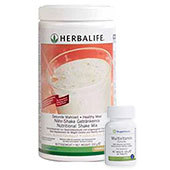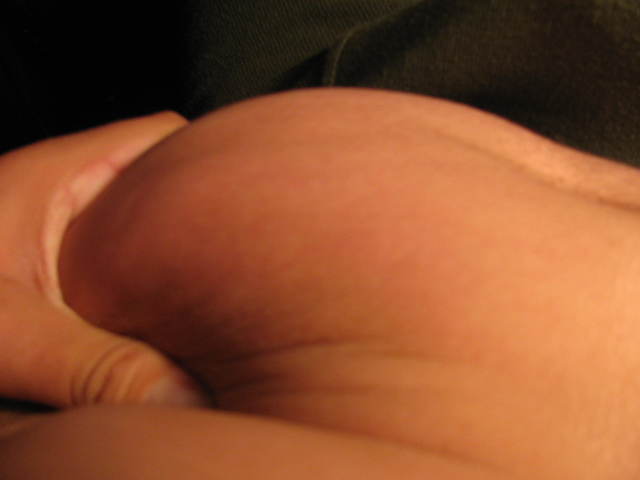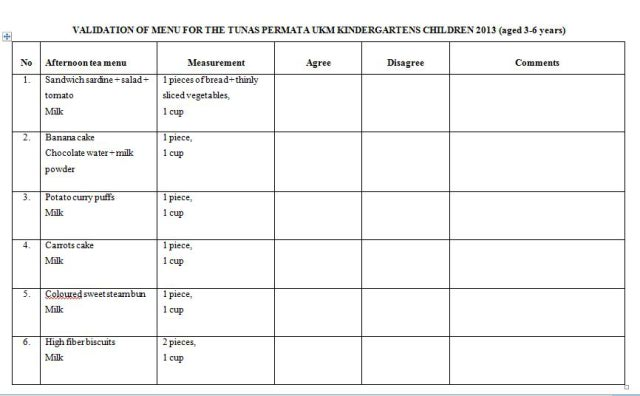Paleo Diet/Grain,legume free
Question
QUESTION: Dear Laurie Beebe,
Thank you for taking the time to look at my question. I became increasingly concerned after reading that grains, legumes, and nuts contain phytic acid. I read that phytic acid binds to magnesium, calcium, and other minerals which makes it difficult to absorb. I also learned that it can cause trouble in our intestines. In a different realm concerning our evolution, I read that we are not evolved enough to consume grains and legumes.
My question is should I look for ways to eliminate or greatly reduce the phytic acid in grains, legumes. Or should I just eliminate them all together?
ANSWER: Hello Richard,
I think your concerns are unfounded. You can find practically any information you look for, including probably that every single food out there is bad for you in some way. So when I hear you found phytic acid binds to the minerals, well, yes--but the foods you mention also CONTAIN these very minerals, so it essentially zeroes itself out. If you took large amounts of phytic acid somehow without consuming enough minerals that would be a different story--but that's very hard to do.
The best resources to find information about nutrition and health are those that are driven to improve people's health with no ulterior motive (eg, PETA [people for the ethical treatment of animals] will have studies showing how bad meat and dairy is since they are against eating or using any animal products).
Look to the American Heart Association, The American Cancer Society, MyPlate.gov, the National Institute of Health, The Academy of Nutrition and Dietetics: All these organizations recommend a wide variety of food from different groups and they aren't selling anything!
We are definitely evolved to consume all plant products!
When people tell me they are following the paleo diet because that's how our first ancestors ate, I remind them that most cavepeople did not live to their 30's. Think about it.
Feel free to write again with any questions and I would be happy to help :)
Laurie
---------- FOLLOW-UP ----------
QUESTION: Thank you! Thank you! I was wondering if you could help me figure out a way to get more calcium in my diet without taking supplements. Right now I would like go dairy free. I've been on a fodmap diet for the past few days and I'm crossing my fingers that it will help with my intestines. I'm not sure if it is dairy, wheat, or anything else but the diet seems to be working.
I was looking at other non-dairy milk but it seems they all have Vitamin A included. They also seem to include a whole bunch of other ingredients (I like plain whole foods) I eat vegetables that already have much more than the 100% recommendation so I'm just concerned about having excessive Vitamin A in my diet.
I was considering blackstrap molasses but it seems that it is excessively high in iron and also I would like to avoid any extra sugar, as well save my teeth.
I do not know what to do, I currently have bok choy, romaine, and kale. And I eat sardines twice and salmon once a week.
Thank you so much for your generosity!
ANSWER: Hi Richard.
It sounds like you've got the calcium pretty well covered with the leafy greens and the sardines (provided you do eat the bones! They are the part with the calcium contained).
Many non-dairy products supplement with vitamins that will be lacking in the dairy free diet. You might check to see the form of supplemented vitamin A. If it's actually beta carotene (which is the form found in all plant sources) you need not worry about getting too much. Your body converts beta carotene to Vitamin A as long as you need more, and when you don't need more it stops the conversion.
The daily recommendation for vitamin A is 1000 RE (retinol equivalents) or 5000 IU (international units) so you can get an idea of how much is being supplemented (which could be something like 10-20% of the daily value).
Check out some soy yogurts and cheeses to see if they are more appealing to you than non-dairy milk. You might also find some other source of milk--such as goat milk--would be tolerable. It just happens to work in some people but you don't know until you try.
Good luck, and thanks for keeping me posted!
Laurie
---------- FOLLOW-UP ----------
QUESTION: I just wanted to say thank so much again for your helpful response. I do not want to feel like I am taking advantage of your generosity, so please I won't be disappointed if you do not wish to answer this message.
I've been trying to find a solution and I read somewhere that I could consume organic eggshells and that they are a very good source of calcium.
I just have a few concerns. I was wondering what you think of this? I read that it has to be paired with magnesium in order to be absorbed, I also read the acid from lemon. Would you recommend pairing it with any particular vitamin/mineraletc. for absorption?
Another concern is digestion. I've been on the fodmap diet and it seems to be working for me. I did not know if eggshell could work with this diet and what do you think would be the best way to consume it...I read putting it in a coffee grinder.
Thanks again you are the best!
Hi Richard,
Well, you do pose the most interesting questions!
As a dietitian, I am used to focusing on the diet as a whole, and not on individual foods and individual nutrient sources, so I'm having a bit of a struggle trying to answer these questions that isolate one nutrient or one food. And, once again I'll say it seemed like your calcium intake was perfectly fine and I'm not sure why you are looking to increase your intake, but do be sure you keep it to less than 2000 mg, the safe Upper Limit.
Here is a great resource on calcium from the National Institute of Health (and they are a great and reliable resource for all your nutritional information) http://ods.od.nih.gov/factsheets/Calcium-HealthProfessional/
And here is a site with information on using eggshells for calcium which restates almost exactly the information you have--so I'm not sure if this is the article you were reading, or if it will just re-iterate what you've heard and give you some more confidence (of course, I cannot attest to the reliability of this one! There are no experts here, but just a helpful online community of others who share their opinions)
http://nourishedmagazine.com.au/blog/articles/how-to-make-calcium-using-egg-shel
I'm no expert in FODMAP diets so I can't answer what eggshells will do, but I'm certain there is no sugar of any type in the eggshells so I don't think they would interfere. And here is some good information on FODMAP diets http://ibs.about.com/od/ibsglossaryfk/g/What-Are-Fodmaps.htm
There is a 3-question limit for follow-ups, so if you have more to ask or to share you'll have to start a whole new question or the site will prevent you from sending another follow-up.
I'll be happy to help in any way I can!
Laurie
- Prev:alternatives to veggies?
- Next:Libido
Related Articles
-
Fiber-rich foods and getting enough of minerals from mineral-rich foods
QuestionHi Tanya, Id like to know how to prevent phytates in all
-
Annorexia and Hypoglycemia
QuestionHi, my name is Megan. Im sixteen years old, and Im kind o
-
Teenage Weight
QuestionHello my name is Lissa and i am a thirteen year old girl.
-
competitive eating
QuestionThere are these eating contests (boiled eggs, hotdogs, pe
-
weight problems
QuestionHi, My name is Donna. I am 31 and im 57 and weigh 162.1 y
-
Weight Gain and How to shape up
QuestionQUESTION: Hi , I am 27 , height is 5.00 feet and my weig




